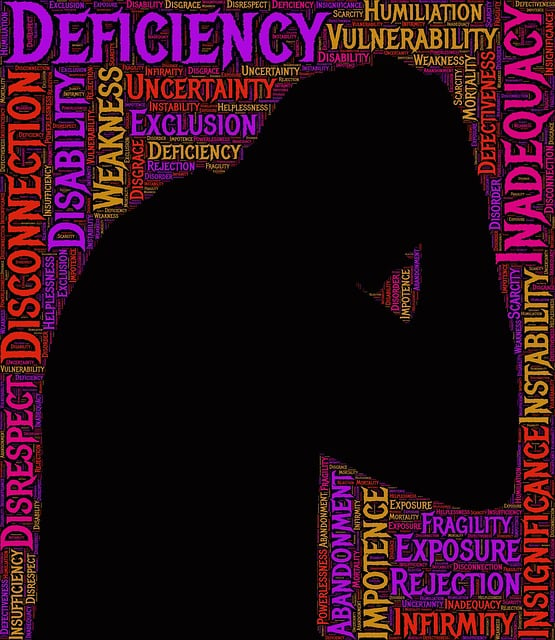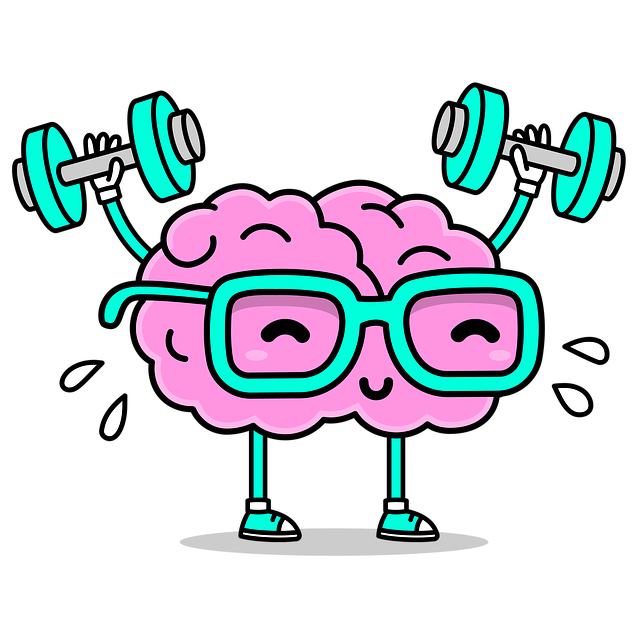Denver blended families often face unique stressors integrating diverse household dynamics. Professional therapy and workshops focus on open communication, addressing mental health issues like depression and anxiety, and teaching effective coping strategies through evidence-based practices. These sessions aim to build resilience, improve family connections, and enhance overall well-being by incorporating trauma support, social skills training, and mindfulness exercises. Success is measured through participant feedback and follow-ups, ensuring tailored stress management support for Denver blended families' evolving needs.
Stress management workshops play a pivotal role in supporting Denver blended families. This comprehensive guide explores the unique challenges these families face, highlighting the therapeutic benefits of structured workshops. We delve into the design and facilitation techniques that engage participants, fostering healing and resilience. From understanding stress triggers to measuring workshop success, this article provides insights for professionals aiming to enhance the well-being of Denver blended families through targeted therapy interventions.
- Understanding Stress in Blended Families: A Comprehensive Overview
- The Role of Workshops in Family Therapy: Benefits and Objectives
- Designing Effective Stress Management Workshops for Denver Blended Families
- Facilitation Techniques: Engaging Participants and Promoting Healing
- Measuring Success: Evaluating the Impact and Long-term Sustainability
Understanding Stress in Blended Families: A Comprehensive Overview

Stress in blended families is a complex and multifaceted issue, requiring nuanced understanding and targeted interventions. These families often face unique challenges due to the integration of two separate households, each with its own dynamics, beliefs, and routines. This can lead to increased tension, conflict, and emotional turmoil, particularly when children are involved.
In Denver blended family therapy sessions, professionals focus on providing a safe and supportive environment where all members can express their feelings and work through these complexities. By addressing underlying issues such as depression prevention and anxiety relief, therapists help families develop effective coping mechanisms. Moreover, self-care routine development for better mental health is a key aspect, ensuring each individual learns to prioritize their well-being within the family unit.
The Role of Workshops in Family Therapy: Benefits and Objectives

Workshops play a pivotal role in Family Therapy for Denver blended families, offering a unique and effective approach to addressing shared challenges and fostering healthy dynamics. These structured sessions provide a safe space where family members can learn valuable Stress Reduction Methods tailored to their specific needs. Through interactive activities and group discussions led by trained therapists, participants gain insights into managing stress, improving communication, and enhancing overall well-being.
The objectives of such workshops extend beyond immediate relief from symptoms. They aim to build Resilience through shared learning, promote Understanding among family members, and equip them with Confidence Boosting strategies for navigating complex situations. By fostering open dialogue and reinforcing positive behaviors, these sessions contribute to a more harmonious home environment, strengthening the bonds within Denver blended families and enhancing their overall quality of life.
Designing Effective Stress Management Workshops for Denver Blended Families

Stress management workshops tailored for Denver blended families are a valuable resource to address the unique challenges they face. These families often navigate complex dynamics and adjusting to new living arrangements, which can lead to heightened stress levels. By incorporating evidence-based practices and strategies, workshops can effectively support both parents and children in managing stress. One approach is to focus on social skills training, teaching participants healthy coping mechanisms for conflict resolution and improving communication within the family unit.
Additionally, healthcare providers in Denver who care for blended families should consider burnout prevention strategies as an integral part of these workshops. Given the demanding nature of their work, incorporating positive thinking exercises and mindfulness practices can help professionals maintain resilience and well-being. Tailoring stress management techniques to the specific needs of Denver blended families and healthcare providers ensures a more meaningful and impactful learning experience, fostering stronger family connections and improved mental health outcomes.
Facilitation Techniques: Engaging Participants and Promoting Healing

In stress management workshops organized by Denver Blended Families Therapy, facilitation techniques play a pivotal role in engaging participants and promoting healing. Interactive activities, such as group discussions, role-playing scenarios, and mindfulness exercises, foster an inclusive environment where individuals feel comfortable sharing their experiences and learning from one another. These methods not only break the monotony of traditional workshops but also empower participants with practical tools to manage stress effectively.
By incorporating Trauma Support Services, Social Skills Training, and Mental Health Policy Analysis and Advocacy into workshop content, facilitators address a holistic spectrum of needs. Trauma-informed approaches help participants process and overcome past traumas, while social skills training enhances communication and interpersonal relationships. Additionally, discussions on mental health policy analysis and advocacy raise awareness about systemic issues affecting mental well-being, encouraging participants to become advocates for positive change in their communities.
Measuring Success: Evaluating the Impact and Long-term Sustainability

Measuring success is a vital aspect of evaluating the impact and long-term sustainability of stress management workshops, especially in the context of Denver Blended Families Therapy. Through participant feedback forms and follow-up interviews, therapists can gauge the immediate effects of the workshop, such as improvements in emotional well-being and reduced stress levels. This qualitative data provides insights into participants’ experiences and identifies areas for improvement within the program.
Furthermore, tracking long-term outcomes is crucial to understanding the lasting impact. Therapists can assess whether participants have implemented effective communication strategies, boosted their confidence, and developed consistent self-care routines that contribute to better mental health. Regular check-ins or survey distributions post-workshop help in evaluating these sustained changes, ensuring the program’s effectiveness, and guiding future iterations for optimal stress management support tailored to Denver blended families’ unique needs.
Stress management workshops designed specifically for Denver blended families offer a powerful tool in fostering resilience and well-being. By understanding the unique challenges these families face, therapists can facilitate engaging workshops that promote healing and long-term positive outcomes. Through combining comprehensive education, interactive facilitation, and measurable evaluation, these sessions become a game-changer in navigating the complexities of blended family dynamics, ultimately enhancing the quality of life for all involved. Denver blended families therapy benefits greatly from this tailored approach, ensuring a brighter and less stressful future for both parents and children alike.














